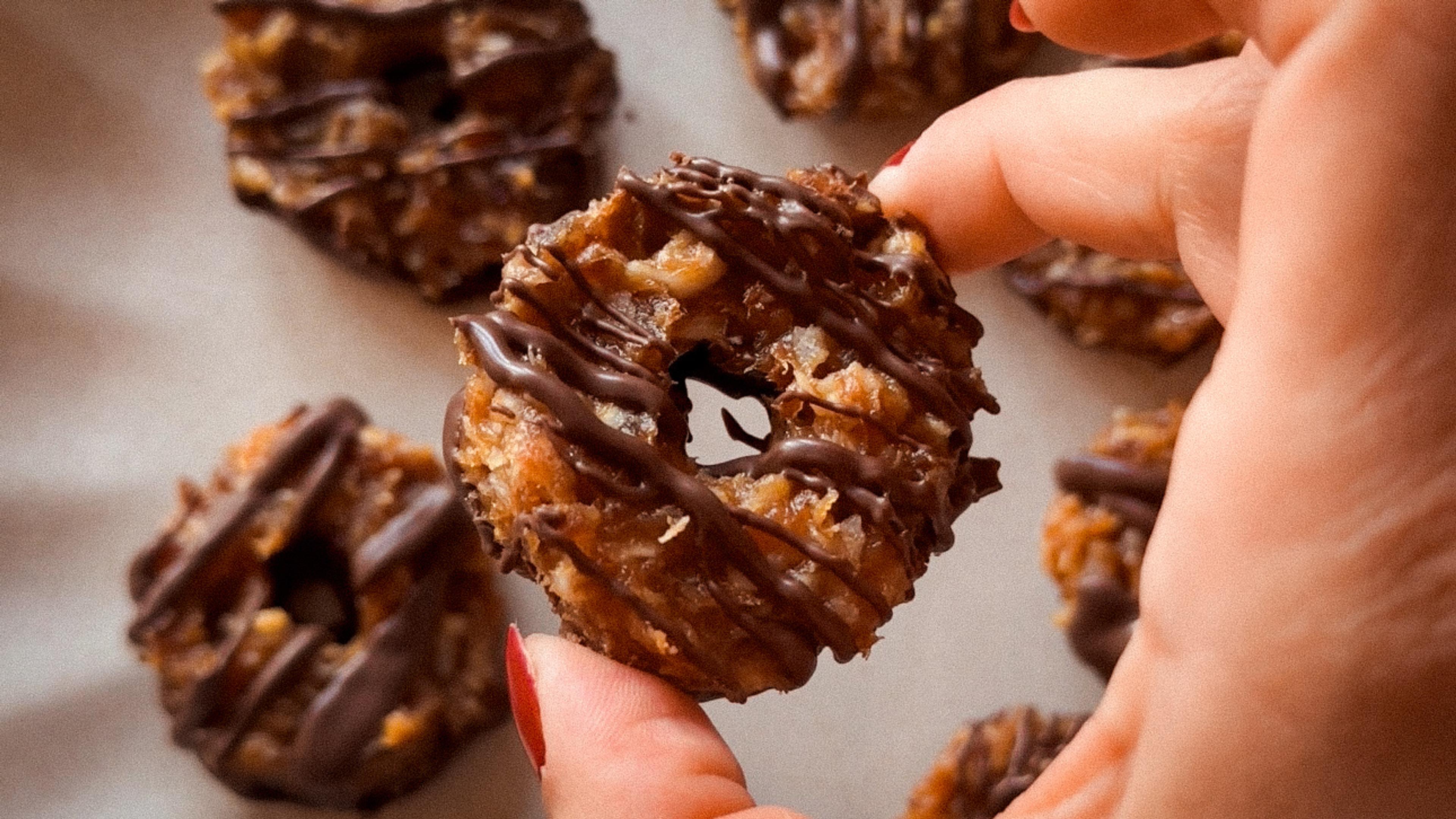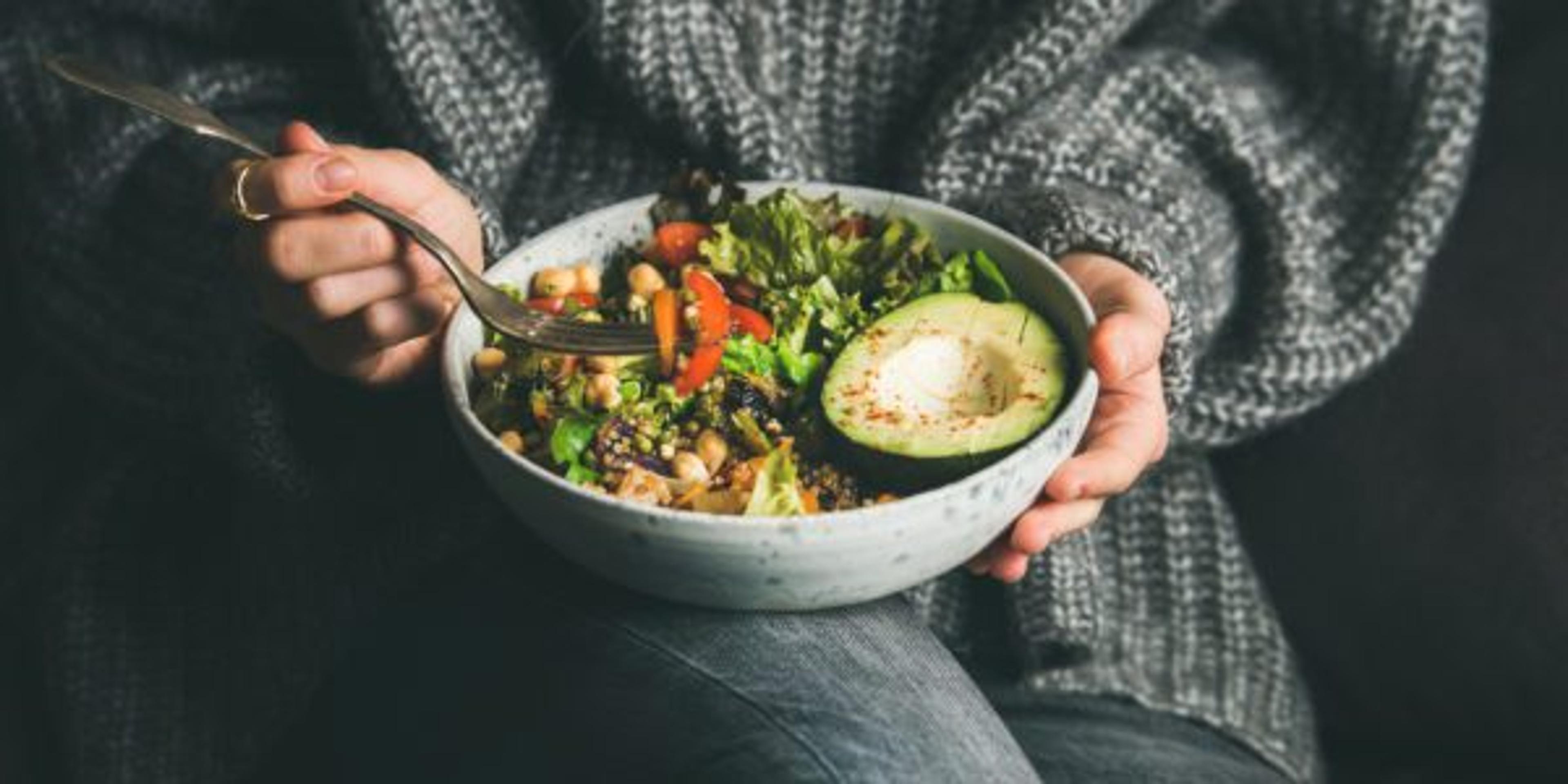7 ways to rev up your metabolism
4 min read
If you think of your body as a car, the engine would be your metabolism. Our metabolisms are used to burn fuel to produce energy we need for everyday living. Each engine is unique to that car just like your metabolism is specific to your body. Some engines are fast and some are slow. Some work for a short amount of time while others work for a long time. Many, many things influence our body’s engine: genetics, age, weight, or diet to name a few. What are the people with the high performance engines hiding from the rest of us? How can we trade in our fuel (calorie) efficient engine in for something that uses more calories!?
While it is the combination of environmental and genetic factors that determine whether our engine is a high-performance sports car engine or an economical minivan engine, we are our own best mechanics! Here are a few things we can do on to build up our engines and make sure they run smoothly and burn the most possible fuel.
Fuel up early
Just as an engine needs fuel to produce energy, your metabolism needs food fuel for it to work. During sleep, our body enters into a fasting state because it senses no energy is being taken in. In response, the body slows down energy burning processes to conserve its remaining fuel. What’s the easiest way to get our engine burning fuel early? Fuel it up so that it knows plenty more is on the way.
Unlike an engine, our bodies can’t afford to risk running out of fuel. This is why our metabolism slows down overnight or between meals. If we constantly supply our tank with fuel, our internal engines will be less likely to use it sparingly. Therefore, it is best to eat several smaller meals spaced evenly throughout the day to keep your metabolism working on high performance mode all day.
Use the right fuel
Every meal should include some protein. Research found that people who included 3-4 servings of low-fat dairy in their daily diet lost more weight than those who did not. Additionally, foods such as fish, poultry, meat or dairy contain lots of amino acids – the building blocks of protein. Amino acids take more time to digest than other nutrients we take in. The process of food digestion actually requires energy, a process called the thermogenic effect of food (TEF). The longer it takes to digest something or the harder it is to digest something, the more fuel your engine will use to completely digest it.
No drunk driving
Because alcohol is viewed as a toxin to the body, a stomach full of food and drinks will selectively digest the alcohol before other foods to remove it from the body. This causes more resources to be used to digest alcohol than foods and leads to all of the excess energy being stored as fat in the body. In addition, research has shown that alcohol consumption is related to increased caloric consumption. Whether it is because of the drunken munchies or the low blood sugar as a result of drinking, people who drink alcohol with a meal consume 200 calories more on average than someone who abstains.
Sometimes simply adding a flame makes the car feel faster and sometimes adding a flame to your diet can make your metabolism faster too. Research performed at Laval University in Canada found that adding spicy foods to your diet actually stimulates your metabolism. An ingredient (Capsaicin) found in spicy foods, such as peppers, increases levels of chemicals like adrenaline, which stimulate our metabolism. This is like stepping on gas, increasing the engine’s need for fuel. Additionally, the spicy taste left lingering in the mouth decreases appetite, making subjects in the study feel full sooner.
When you work your engine hard, racing to make it through that yellow light in time, you push down on the accelerator and give the engine a little extra gas. It needs that extra gas to work harder. The same holds true for our metabolism. Every so often it is important to give it a little extra push in the form of a workout to keep the engine responsive and in proper working order. Immediately after a workout, our metabolisms don’t simply return to normal idling speed. Following a workout, our metabolisms slowly ramp back down to normal limits but during that cool down period, we are still burning many more calories than we do while at rest.
Make it a muscle engine
Muscle cars and high performance cars have always been less fuel efficient. They require way more fuel than our eco-friendly cars today. You can think of your body in terms of these two car types as well. A pound of muscle is much more fuel-demanding than a pound of fat, so the more muscle on our frame the more fuel we will have to use to maintain it, to drive it. Therefore, the metabolism of healthy people with good muscle mass must increase to provide enough energy for everyday movement.
How do you plan on keeping your engine burning more fuel?
Photo credit soulrider.222









